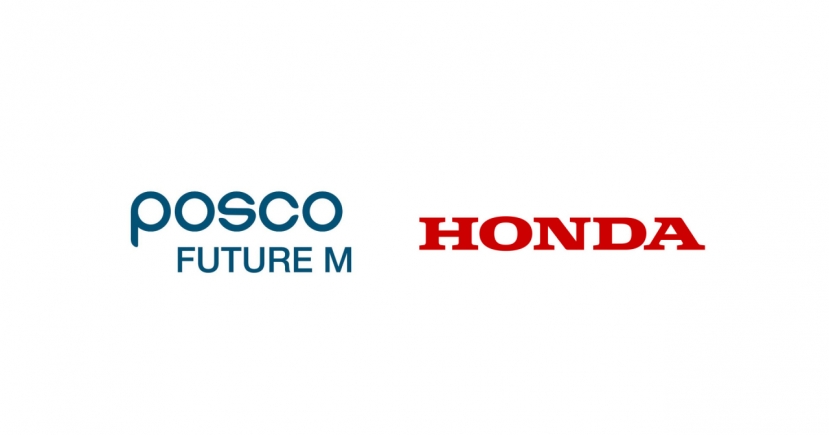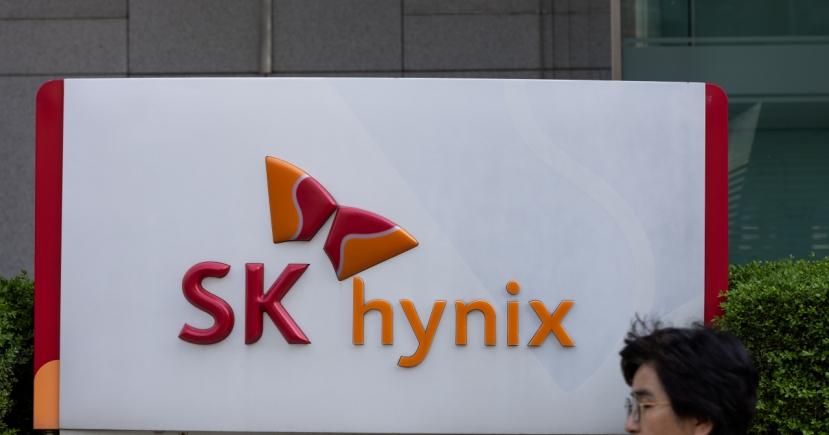Tech
Nvidia soars in AI boom, Samsung, TSMC struggle – Uncovering the why
 |
Workers walk through Samsung Electronics` semiconductor plant (Samsung Electronics) |
The recent surge in artificial intelligence (AI) semiconductor stocks has captured the attention of investors worldwide.
Notably, Nvidia, renowned for its AI innovations, has seen an impressive performance, with its stock nearly doubling within a mere three months, soaring from $481.68 on Jan.2 to $919.13 on March 12.
Similarly, SK hynix, a supplier of high-bandwidth memory (HBM) to Nvidia, has experienced steady growth, with its stock surpassing 170,000 won ($129) on March 8.
Contrastingly, Samsung Electronics and TSMC, the pivotal manufacturers of AI semiconductors, have faced challenges in the market.
There are increasing queries about why Nvidia is receiving all the credit when the company’s chips rely on Samsung Electronics or TSMC.
On March 12, TSMC closed at $144.40, showcasing a 44 percent increase from $101.53 on Jan. 2. Conversely, Samsung Electronics saw a decline in its shares, closing at 73,300 won on the same day of March 12.
Both TSMC and Samsung Electronics occupy prominent positions as leading global foundry companies, instrumental in the manufacturing processes of Nvidia's AI semiconductors.
Despite their indispensable contributions, their stocks have not witnessed the same surge as Nvidia, underscoring intrinsic industry dynamics - chiefly, the intricate nature of foundry operations which cater to a diverse clientele base.
 |
(Yonhap) |
TSMC, for instance, not only services Nvidia but also prominent tech giants such as Apple and Qualcomm, rendering its financial performance susceptible to numerous external factors.
Apple's significant dependence on TSMC, constituting 25 percent of its revenue in the prior year, amplifies this vulnerability, particularly evident in TSMC's historical Q1 fiscal performance due to Apple's seasonal sales patterns.
As a result, TSMC has maintained a conservative Q1 earnings forecast of $18 billion to $18.8 billion amid the AI semiconductor surge.
In contrast to TSMC's specialized foundry focus, Samsung Electronics, an Integrated Device Manufacturer (IDM) with diverse memory and system LSI businesses, confronts a complex array of operational variables.
Samsung Electronics is yet to provide Nvidia with the 5th-generation HBM3E chips, unlike SK hynix, the exclusive supplier of the fourth-generation HBM3 to Nvidia and the forthcoming HBM3E for GPU B100 slated for a Q2 release.
The latter half of the year is anticipated to witness robust sales growth. Samsung has delivered a sample of the 12-stage HBM3E and aims for mass production in the first half of the year.
Analyst Kim Young-gun from Mirae Asset Securities told the Herald Business daily that "Samsung's 8-speed HBM3E deliveries are projected to commence in Q3, alleviating concerns over HBM competition.
The 12-speed variant is expected to ramp up sales next year with no current customer deployments."
Enhancing foundry operations is crucial for capitalizing on the AI upsurge. In the fourth quarter of the previous year, TSMC reported a $19.66 billion foundry revenue, capturing a quarterly share of 61.2 percent. Samsung's foundry revenue in the same period was $3.619 billion, accounting for an 11.3 percent share, marginally down from 12.4 percent in Q3.
Samsung's foundry performance is forecast to strengthen in the latter part of the year. According to the business daily, researcher Lee Seung-woo from Eugene Investment & Securities stated, "Samsung's foundry business has secured improved order flow, securing contracts for 3-nano and 4-nano as well as 2-nano AI accelerator chips, with effects anticipated towards year-end."
Samsung is poised to ramp up orders for high-growth applications like AI accelerators this year, emphasizing stable mass production of the 3-nanometer gate-all-around (GAA) process and progress in the 2-nanometer process.
By Investor Team (investor@heraldcorp.com)








